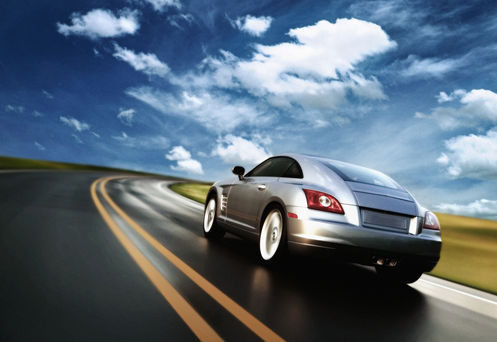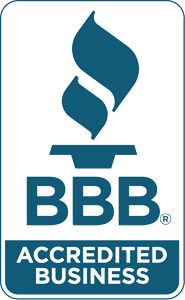Understanding Auto Insurance
Use this guide to understand your auto insurance coverages, deductibles and limits, and how they work for you.
Your auto insurance coverage options*
All auto insurance policies include liability coverage, which protects you financially if you’re responsible for an accident. This type of auto insurance is required in most states. You can also buy optional auto insurance coverages to protect your investment in your car, pay your medical bills or even help if your car breaks down.

Here’s a list of coverages and a brief explanation of what they do.
› Liability
The company pays if you injure someone or damage someone’s property in an accident. When you buy liability, you choose a limit—the maximum amount the company will pay for a liability claim. Most states require you to have a minimum amount of liability coverage.
› Collision
The company pays to repair damage to your car when you hit, or are hit by, another vehicle or object, regardless of who’s at fault.
› Comprehensive
The company pays to repair damage to your car that’s caused by something other than a collision, such as fire, theft, vandalism, hail or flooding. They also pay for damage to your vehicle caused by hitting an animal.
When you buy collision and comprehensive, you choose a deductible—typically $250, $500 or $1,000. This is the amount you pay to the repair shop. The company pays the rest.
While collision and comprehensive aren’t required by law, your bank may require them if you finance or lease your car.
›› Uninsured Motorist Property Damage (UMPD)
The company pays to repair damage to your vehicle caused by a driver who doesn’t have car insurance.
›› Uninsured/Underinsured Bodily Injury (UMBI)
The company pays for your medical expenses, lost wages and other damages when you’re hurt in an accident caused by a driver who has insufficient or no insurance.
›› MedPay (also known as Medical Payments)
The company pays for the cost of reasonable and necessary medical care you get as the result of an accident, regardless of who’s at fault.
›› Personal Injury Protection (PIP)
The company pays for medical bills and—in some states—other living expenses while you heal if you’re unable to work as a result of an accident, no matter who’s at fault.
›› Rental Reimbursement
The company pays for your rental car while your car is being repaired as part of a comprehensive or collision claim.
›› Roadside Assistance
The company pays for repairs or towing when your vehicle breaks down due to mechanical or electrical issues, a dead battery, or a flat tire; you’re locked out of your car; your vehicle runs out of gas; or your vehicle gets stuck in the snow or mud.
›› Loan/Lease Payoff (also known as Gap)
The company pays the difference between the settlement amount and the amount you owe the bank if the company declares your vehicle a total loss. This difference can easily be several thousand dollars for newer cars, which tend to depreciate in value quickly.

How much coverage or which coverage should you choose?
For more information on auto insurance coverages click here.
*Coverage availability varies by state and company. Please refer to your policy for more details about the coverages you’ve bought.
Ephesians 4:32
Be kind to one another, tenderhearted, forgiving one another, as God in Christ forgave you.

